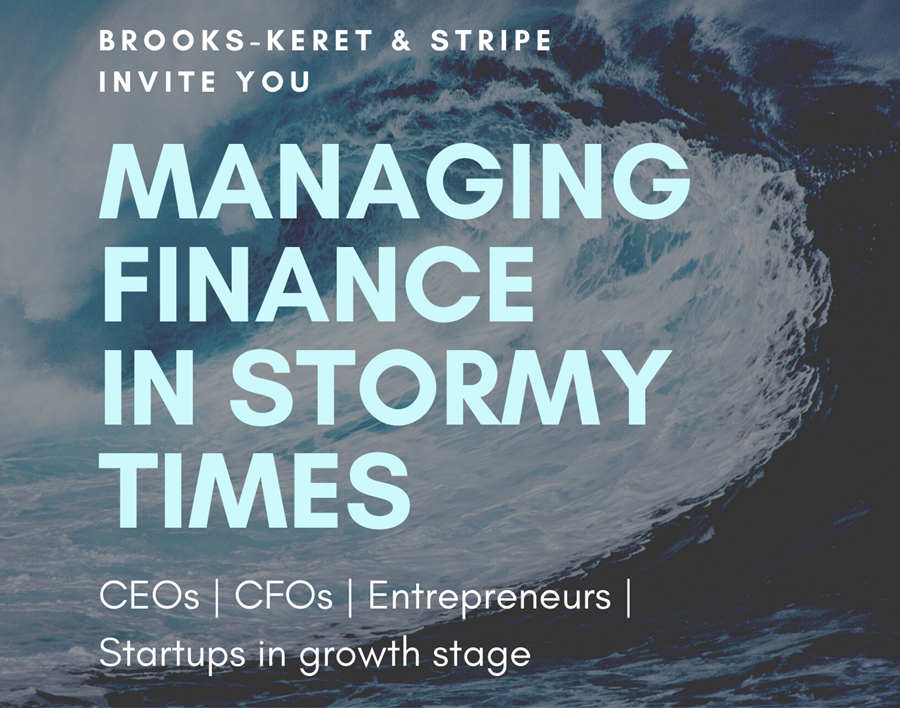The Marker published on April 15, 2019 the article “This is how the banks ride on medium-sized businesses.” The article shows that the competition between the banks in the medium-sized business sector is negligible and that in 2018 the banks’ profitability from this activity increased significantly. As of today, this activity contributes to around 16% of the total net profit of the 5 largest banks. In the data presented, at least two main issues arise: First, in some of the banks, the data includes real estate financing, which only Bank Leumi separates from other activities, Second, the data only relates to businesses that the banks are willing to provide finance to.
But What Are The Options For A Medium-Sized Business Which The Major Banks Are Unwilling To Finance Or Unwilling To Increase Its Current Funding?
In general, banks analyze past performance when evaluating a business for eligibility for providing credit. Companies which are still growing in the present and do not show profit, or high-growth profitable companies which their latest financial statements do not reflect their current and future relevant credit needs, will be unable to obtain bank financing to realize the potential growth. The common solutions available to such businesses in this case are: non-bank credit or raising capital in the form bringing along new equity investors. Investment by a new partner may often results in diluting the existing shareholders, and therefore it is probably the most expensive option with the additional meanings of ownership and control. for example:
An industrial / family owned company may encounter major difficulties in finding a private investor, and in addition it should be considered the difficulties to get along with such new shareholder. In many cases companies encounter shareholders’ conflicts, which increases the risk of management instability and decision-making and may endanger the stability of the company.
A start-up that is already in the stage of sales and the transition to profitability is in the foreseeable future, financing in the form of debt in most cases will be much cheaper for it and will prevent expensive dilution of the shareholders at relatively low value.
Non-bank credit financing – There has recently been a boom of entities enabling non-bank credit financing. Seven of which are traded in the stock exchange and the largest are the Nawi brothers and Peninsula. The new credit legislation increased the possibilities of these companies for financing, but these financing entities mainly operate in the field of checks discounting and provision of short-term bridge financing for limited periods of up to one year and usually with full collateral, so these entities cannot provide for the needs of financing long-term growth
So, What Is The Solution?
Government ministries have already realized the importance of small medium-sized businesses to growth, as well as the funding difficulties that prevent significant growth. For these reasons, the Ministry of Economy initiated the establishment of two new investment funds to support small medium businesses. One of these funds is the Peninsula Growth Fund, which was established at the end of the first quarter of 2016. The Peninsula growth fund focuses on mid-sized businesses with a turnover of NIS 10-130 million a year. The investment period defined in the fund mandate is five years, and the vesting period reaches up to 10 years. Therefore, the fund can provide long term financing in a unique and creative structures of up to 10 years.
These funds can emphasize the analysis of the company’s future and take certain risks regarding their realization. The funds are therefore capable of financing organic growth of a target company, growth way of M&A, and financing means of control, which often leads to the ability to realize potential growth
Therefore, this solution is a win-win solution for the shareholders of the company. On the one hand, they can receive additional financing which is not available from the traditional banking system and in a much more flexible manner regarding terms and collateral, and on the other hand they do not have to raise expensive shareholders’ equity or be subject to dilution by introducing additional investors.
This Article Was Written By Michal Fishler-Mund, Investment Manager Of Peninsula Growth Fund Contact Her At Michalf@Peninsula.Co.Il





